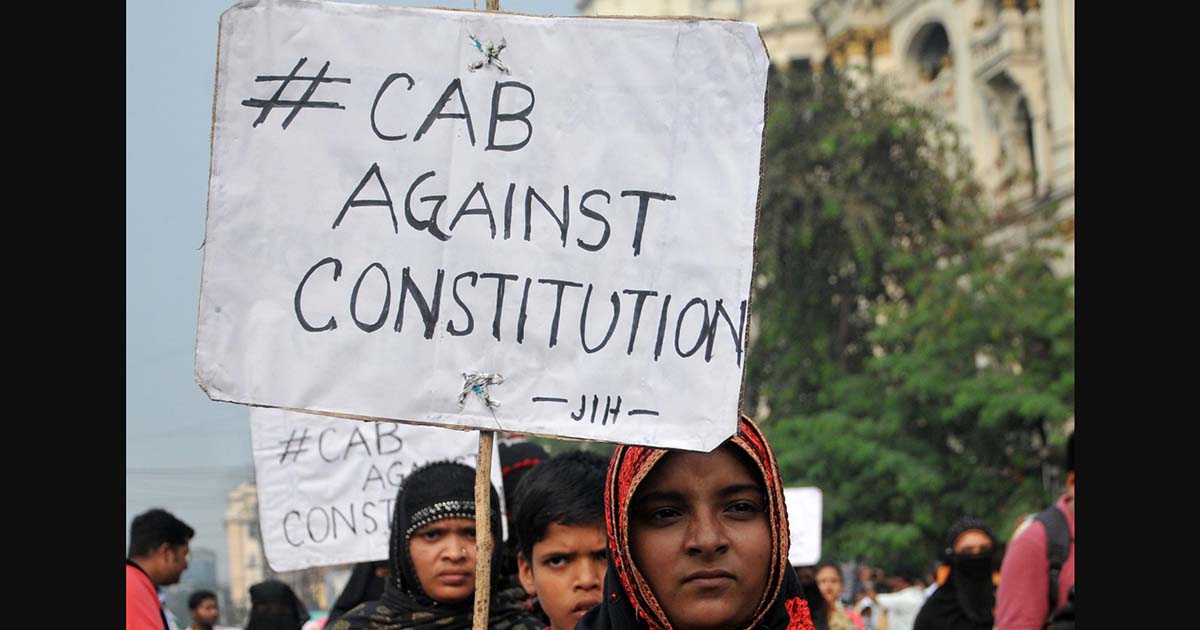On 5 August, India revoked a controversial constitutional provision, Article 370, that grants India-administered Kashmir special status, as promised by the Bharatiya Janata Party (BJP) in its 2019 election manifesto. According to Article 370, Indian-administered Kashmir shall hold a special status within the country, granting it partial autonomy, including a separate flag, its own constitution, and independence over all matters except foreign affairs, defence, and communications.
Experts have speculated BJP’s foreword intervention in Kashmir was to manipulate the demographic structure in the Muslim majority state in order to achieve electoral success in region, agency over it’s internal matters, and an upper hand against neighbouring Pakistan that has fought for the independence of ‘Indian Occupied Kashmir’ since 1947 which has declared the region as a disputed territory.
The New York Times in a new report has exposed Indian atrocities in occupied Kashmir after the occupying forces arrested more than 2,000 people in the valley with no recourse since the abrogation of Article 370.https://t.co/QhTHVqqw8A
— Daily Times (@dailytimespak) August 24, 2019
However, the intervention in Kashmir is reflective of Modi’s guiding ideology which has taken root in several states across the country since. Hindutva illustrates an identity rooted in the supremacy of Hindus and isolates and views other religions, like Islam, as inferior.
Its notions of ‘self’ and ‘other’ were increasingly taken up by Hindu nationalism, expressed in the ideas of Hindutva, and used to redefine India as a Hindu Rashtra. Hindus were reconstructed as a homogenous in-group, with the principle of “one nation, one people, and one culture”. Hindutva’s social imaginary fosters the exclusion of the Muslim minority in India.
Guarding the ‘Hindu nation’ against the spread to Islam becomes the basic concern for Hindu nationalist organizations. This outright attack on India’s secular constitutions complemented with military intervention leads to question the destructive alignment of civil-military relations in India that threaten the state’s claim to democracy.
Read more: Iltija Mufti arrested: A voice for Kashmir, a detainee for India
The concept of civil-military relations in light of liberal democracy struggles between establishing a strong military in a conflict ridden world that is not freed from state restraints to pursue its objectives that could pose an internal threat and a military not wholly dominated by the state and thereby following the passions of civilian majority.
Liberal theorists recommend an “objective civilian control” where civilians dictate security policy but let the military determine the operations required to pursue those objectives.
In the case of India, the civilian majority represented by BJP has advocated for the Hindutva agenda and granted professional autonomy to the state and military to illegally occupy autonomous Indian states, discriminate against religious minorities, and pursue border conflict with Pakistan as it pleases.
the distinctions between military and state objective matters far less than before. We are left to understand a collegial setting between the Indian state and military where subordination of one to the other does not necessarily exist, instead a destructive institutional fusion
The defining problem with liberal theory is that it presumes there is a delineated sphere defined by war fighting that is independent of the political and social sphere. In reality, there is little clarity between the means and ends of a war, as it is not always combatting external threat.
India finds the decisions of the political and military elites overlapping as it could be pursuing the Hindutva agenda for a number of reasons: to pose a larger threat to neighbouring Muslim Pakistan, to gather the political support of majority Hindus in a far-right world by promising a pure Hindu state, etc.
Therefore, the ends of the war intended by the Indian state and military align which allows the latter to determine the means to that end without challenge. Do these inherently blurred lines between civil-military relations occurring in favour of the Hindutva agenda threaten the identity of India as a liberal democracy?
Read more: Mockery of Democracy: Indians Criticize Revocation of Article 370
The shrinking gap between civilian-military preferences, as told by Peter Feaver’s principal-agent model, translates into lower monitoring of military operations and looser control as room for military shirking is minimized. This is inevitable in most cases as military professionals are not mere engineers but experts in developing a nexus between security, political and social affairs.
Therefore implying the distinctions between military and state objective matter far less than before. We are left to understand a collegial setting between the Indian state and military where subordination of one to the other does not necessarily exist, instead a destructive institutional fusion. This begs the question, is the Indian military’s subordination to the state necessary to sustain democratic values when the state itself challenges its democratic standing.
Amna Zaman is currently employed as a consultant at the Pakistan Institute for Parliamentary Services following her role as Associate Editor at Global Village Space after her Masters of Public Policy & Governance at the University of New South Wales.














